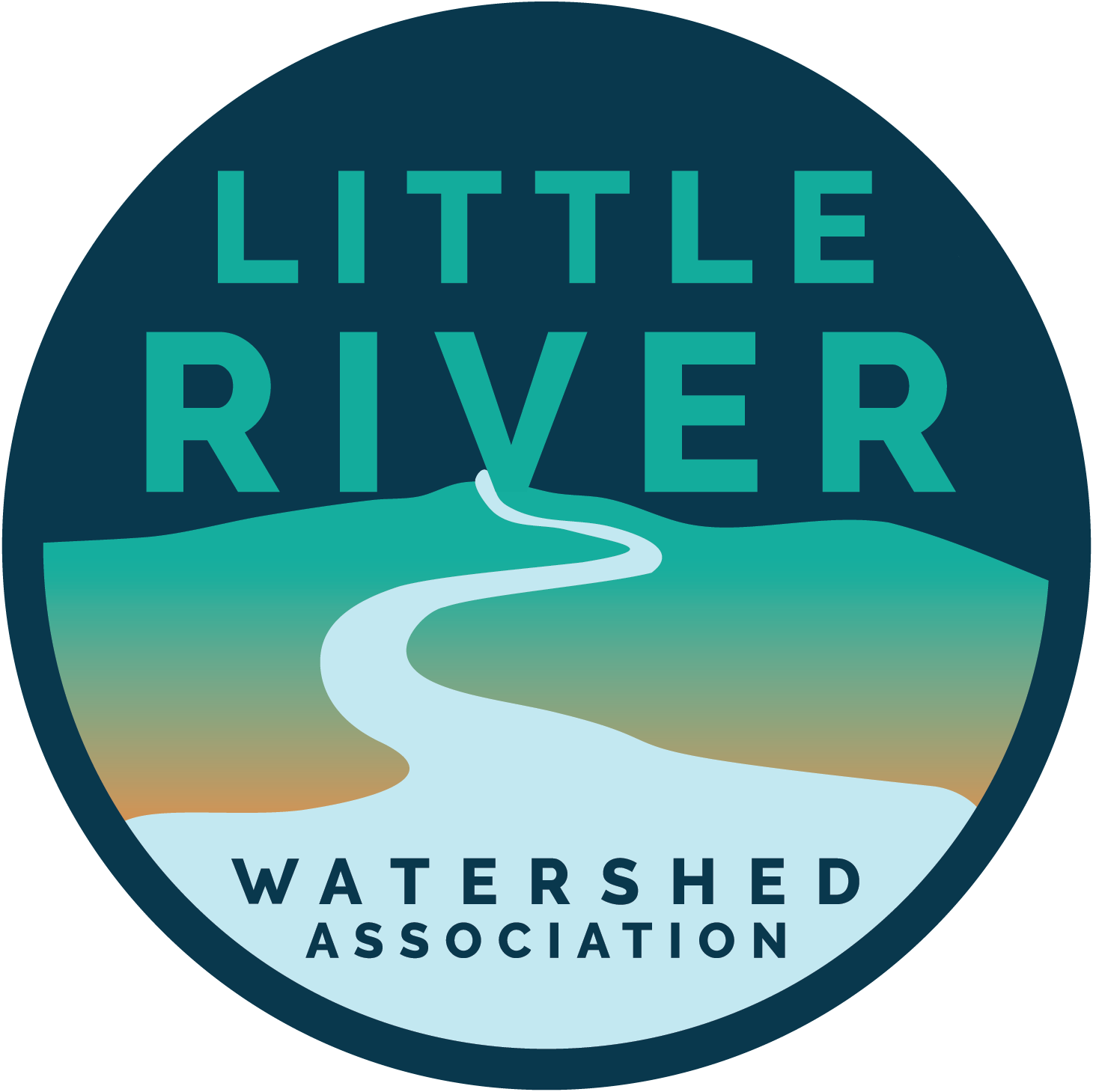the waters of Southern Appalachia are some of the most biodiverse in the world, so it is critical to protect these habitats not only for the species that live here, but so people can continue to use this resource recreationally for years to come
Tips to help Protect the Little River watershed
please don’t rock stack or move rocks, rock stacking disturbs and can even kill native species such as the eastern hellbender
leave no trace, what you bring to the river can end up in the river and potentially harm fish and other aquatic species
Shoes found by the Little River during a cleanup
use smart fertilization practices so to limit nutrient pollution in the water
Tie down your cargo when transporting material in a truck so it does not flyaway and potentially pollute the watershed
Sediment is the number one pollutant in the little river, so erosion control is extremely important to help protect the watershed
Report River Disturbances and Pollution
Blount County Soil Sonservation District
Streambank failing
water quality issues
Septic tank fail(Leaching into watershed)
Livestock Stream crossings
Erich Henry, Director of Conservation
Phone: (865) 983-2011
Julie Konkel, PhD, Watershed Coordinator
Phone: 865-983-2011
Blount County stormwater
report illegal dumping: 865-273-5756.
environmental concerns or complaints: 1-888-891-TDEC (8332)
Permitting needs:
tdec.kefo.dwrpermits@tn.gov
development@blounttn.org
City of Alcoa Stormwater
If you see any questionable sewer dumping, call:
Alcoa Stormwater Hotline
865-380-4820
Knox County
Report illegal dumping into Water/drainage systems: Stormwater@knoxcounty.org
To report dumping on land, call 3-1-1 or 865-215-4311, or the hotline at 865-215-2496 to remain anonymous.
RIVER FAQS
What should I do if I see a problem or water quality concern on the river or it’s tributaries?
What are fishing regulations and any active advisories?
Valid Fishing license is required for anyone 13 years of age or older. Go to the TWRA page for more general fishing information
How is the water quality in the Little River?
The Little River is a considerably clean river! That is due to the fact that it’s headwaters begin in the Smoky Mountains National Park, but as we move further downstream from the park, there is more potential for pollutants to impact the river. A watershed is a land area that drains to a low spot, aka our water systems, so remember what we do on land will always have an impact on our waters!
Who takes care of the Little River and its tributaries?
We all do!
TDEC monitors water quality, but it’s up to individual private property owners because we own the majority of land in the watershed. We all can play a part with riparian practices and sustainable landscaping practices. Learn more about making your yard a sustainable habitat through becoming a TN Smart Yard
Wanna learn some basic water terms and definitions? Click the link below!

